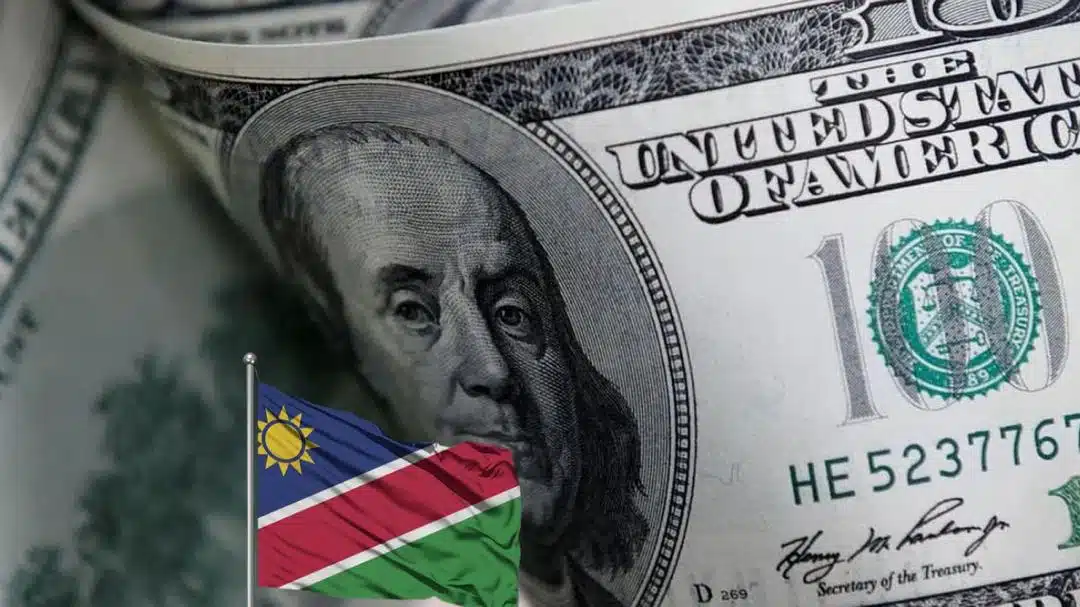Namibia’s foreign reserves rose to $3.3 billion by the end of December 2024, reflecting an 18.4 % increase compared to the previous year, according to data from the Bank of Namibia.
The boost came largely from stronger SACU receipts and external borrowing, enabling the country to improve its import cover to 4.2 months—up from 3.9 months a year earlier. However, projections suggest a decline in coverage to 3.4 months by the end of 2025.
Despite this positive buffer, the country’s debt burden continues to raise red flags.
The stock of central government debt climbed by 10.2 % to $8.6 billion, fuelled by increased domestic borrowing through treasury bills and Internal Registered Stock.
As a share of GDP, the debt stood at 65.3 %—above the 60 % threshold recommended by the Southern African Development Community (SADC).
Looking ahead, Namibia’s debt stock is expected to rise further to $8.8 billion by the end of FY2024/25, equivalent to 62.0 % of GDP.
Over the medium term, it is forecast to stabilise at around 61.4 %.
Servicing costs drop but outlook mixed
Debt servicing costs as a share of revenue fell to 14.2 % in FY2024/25, largely due to improved revenue collection.
The government saw higher receipts from income tax on individuals, value-added tax, and SACU transfers, even in the face of tax relief and refunds.
However, fiscal pressure remains.
Namibi’s budget deficit widened to 3.9 % of gross domestic product (GDP) in FY2024/25, up from 2.4 % the previous year.
The rise was driven by a sharper increase in spending—estimated at about $709 million—compared to revenue growth of $497 million, creating a $212 million deficit.
Expenditure was linked to drought relief efforts, funding for the University of Namibia, and student financial assistance.
Growth slows as primary industries lag
Namibia’s economy grew by 3.7 percent in 2024, slowing from 4.4 percent in 2023. The decline was largely due to weaker performance in the primary sector, especially diamond mining and crop production.
The secondary and tertiary sectors buoyed overall performance, with gains recorded in manufacturing, construction, retail trade, and public services. Looking ahead, economic growth is forecast to rebound slightly to 4.0 percent in 2025, as recovery in primary industries aligns with steady gains in the broader economy.
While foreign reserves offer some reassurance, Namibia’s rising debt and widening deficit point to the need for tighter fiscal controls and structural reforms to maintain investor confidence and long-term stability.






